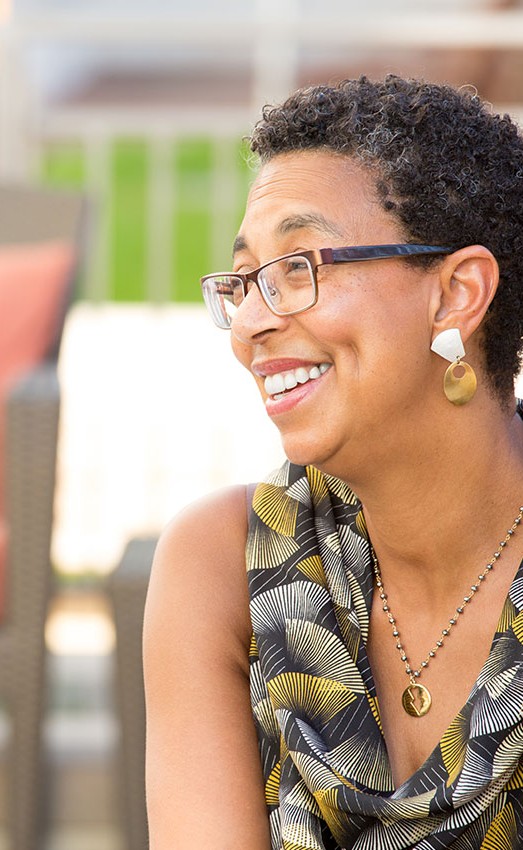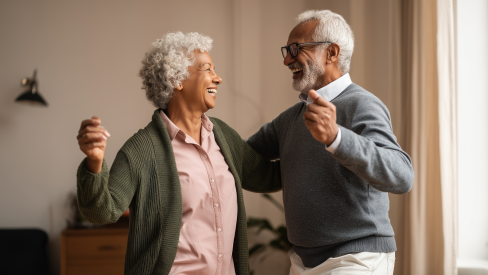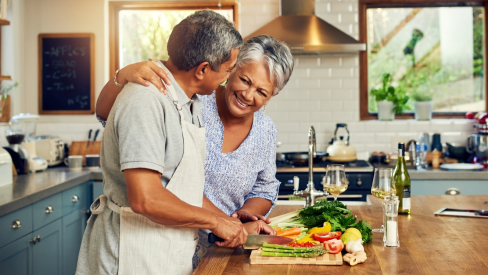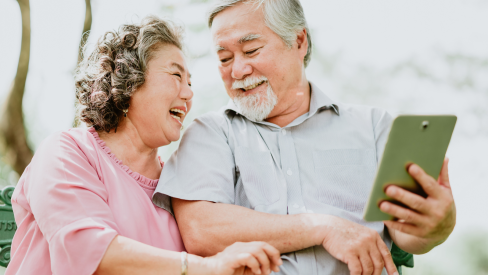
Gatesworth Stories —
Seniors and Heat
Hot Weather Conditions and Safety Tips
There’s so much to love about summertime—lush gardens, lakeside views, outdoor dinners, and plenty of sunshine. Here at The Gatesworth, we know how much our residents and their loved ones look forward to enjoying the season. But with the joys of summer also come the challenges of extreme heat and high temperatures, making it essential to follow practical summer safety tips for seniors.
According to the National Institutes of Health (NIH), “Too much heat is not safe for anyone. It is even riskier if you are older or have health problems.” It’s a fact: Healthy older adults are more vulnerable than healthy younger adults to the effects of prolonged exposure to heat; especially older adults with chronic health conditions or chronic medical conditions. That’s why it’s so important to stay informed, prepared, and proactive.
We’ve gathered expert-backed recommendations—combined with our own commitment to senior wellness—to help our residents and their family members make the most of summer while staying safe and healthy.
Understanding Heat-Related Illnesses
Many people are familiar with hypothermia (caused by cold), but overheating can lead to hyperthermia, a potentially dangerous condition caused by prolonged sun exposure and extreme heat. Seniors are particularly vulnerable, especially if they’re taking medications like diuretics or have conditions that affect blood pressure.
Common heat-related illnesses include:
- Heat exhaustion: Symptoms include dizziness, nausea, weakness, and muscle cramps. If you notice these warning signs, move to a cool place, rest, and drink plenty of water or sports drinks with electrolytes.
- Heat cramps: Often caused by physical activity in hot conditions, this results in tight or painful muscles. Rest in a shaded area, gently stretch the muscles, and hydrate.
- Heat syncope: A sudden feeling of faintness or dizziness, especially after standing for long periods. Sit or lie down with legs elevated and hydrate.
- Heat stroke: A medical emergency with symptoms like confusion, fainting, lack of sweat despite heat, or a body temperature over 104°F. If you suspect heat stroke, call your healthcare provider or seek immediate medical help.
Again, the most serious form of hyperthermia is heat stroke, which is a true medical emergency. According to the NIH, “Older people living in homes or apartments without air conditioning or fans are at most risk. People who become dehydrated or those with chronic diseases or alcoholism are also at most risk.” If you or someone you know exhibits symptoms of heat stroke, seek immediate medical intervention.
6 Smart Summer Safety Tips for Seniors
Here are some essential tips for seniors to beat the summer heat:
1. Hydration is key
Drink plenty of water throughout the day, even if you don’t feel thirsty. Carry a water bottle when out and about. Consider sports drinks with added electrolytes if you’ve been sweating, but avoid alcohol or caffeinated drinks, which can worsen dehydration.
2. Dress smartly
Wear light-colored, loose-fitting clothes made from natural fabrics like cotton. Top off your outfit with a wide-brimmed hat and broad-spectrum sunscreen (SPF 30 or higher) to protect against harmful UV rays. Remember to reapply sun protection every two hours, especially if you’re sweating or swimming, to avoid sunburn.
3. Plan around the weather
Avoid going outdoors during the hottest part of the day—usually between 10 a.m. and 4 p.m. If you need to run errands, consider visiting shopping malls or a senior center where you can stay cool indoors.
4. Cool down often
Spend time in shaded areas or a cool place like an air-conditioned room. Take advantage of the comfortable common spaces at The Gatesworth, or even rest in the courtyards with plenty of shade.
5. Monitor medications
Some medications, including diuretics or those for blood pressure, can increase sensitivity to heat or cause side effects in high temperatures. Ask your healthcare provider if any of your prescriptions require special precautions during a heat wave.
6. Check in on others
Whether you’re a caregiver or a concerned family member, it’s crucial to check in regularly with older adults during extreme heat. If you’re a senior living alone, reach out to your support network, and don’t hesitate to ask for help if you’re feeling unwell.
You can find more details by visiting the NIH’s National Institute on Aging website.
How The Gatesworth Supports Resident Well-Being
At The Gatesworth, we’re proud to offer more than just beautiful living spaces; we provide a community focused on enhancing each resident’s well-being. From offering hydration stations and encouraging the use of sun protection to helping residents plan safe outdoor activities and avoid overheating, our team is committed to keeping everyone healthy during the summer months.
Our attentive staff is always available to help residents recognize warning signs of heat-related stress and can assist with adjusting physical activity schedules, organizing indoor social events, and recommending safe outdoor times.
If you or your loved ones have questions about staying safe during the summer—or want to learn more about our wellness-focused amenities—please contact us at 314-993-0111. Together, we can make this summer a season of joy, safety, and connection.
Stay cool, stay safe, and enjoy the summer at The Gatesworth



